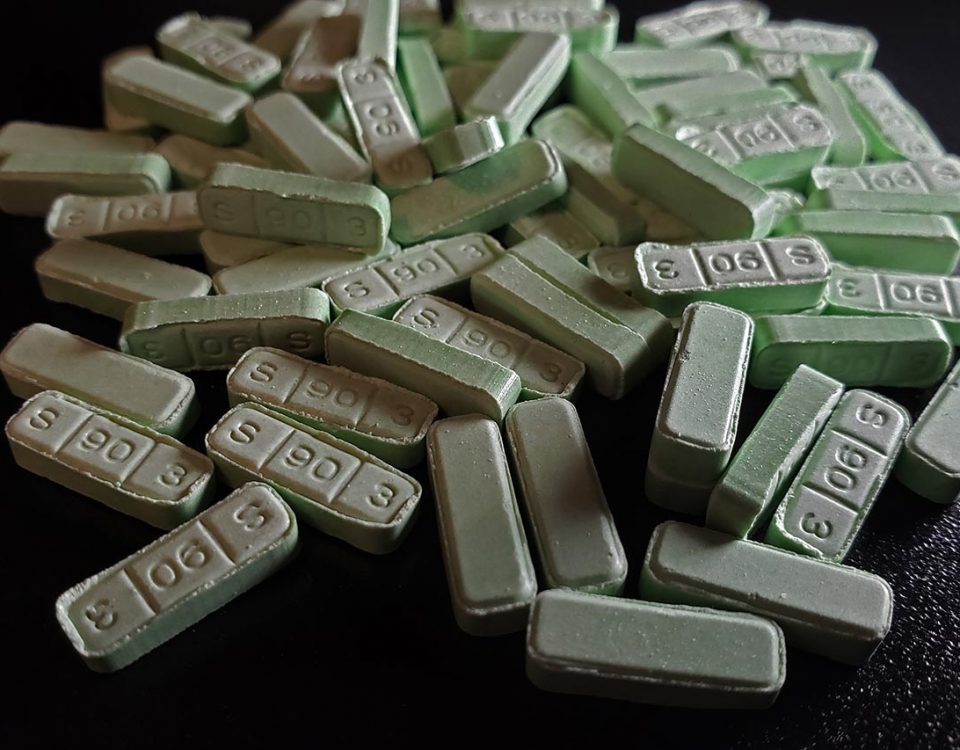Cocaine is a central nervous system stimulant drug illegally sold on the streets in a white powder form. Otherwise known as crack, crack cocaine, or coke, this drug is addictive because of its direct impact on the brain, spinal cord, and chemicals like dopamine and norepinephrine. It has developed a dangerous reputation for not only destroying the lives of the people susceptible to cocaine abuse but destroying their physical and mental health as well. While we know that it affects the brain, does cocaine affect the liver? Our rehab near Boston looks into the negative effects of cocaine on the liver and what it does to the rest of the body.
What Does the Liver Do?
Before discussing the critical actions to take to treat cocaine-induced liver damage, we want to clarify the liver’s role in the human body. This amazing organ carries out a wide range of critical tasks, including producing bile for digestion, synthesizing important proteins, and controlling blood coagulation. Furthermore, the liver is essential for the metabolism of drugs since it has specific enzymes that break down compounds like cocaine.
Some functions of the liver include:
- Production of bile, which helps to carry waste out of the body and break down fats during digestion
- Production of proteins for blood plasma
- Production of cholesterol and special proteins that help carry fats throughout the body
- Conversion of excess glucose to glycogen
- Regulating blood clotting
As you may have guessed, the liver is also responsible for breaking down drugs and other poisonous substances in a process known as drug metabolism. The liver contains certain enzymes, specifically cytochrome P-450 enzymes, which help to break down drugs like cocaine. If you’re addicted to cocaine or any other substance, you can avoid liver damage and failure with the help of the therapy programs offered at our Banyan rehab in Massachusetts.
Does Cocaine Damage Your Liver?
Yes, cocaine damages your liver. Many people who use cocaine are aware of this drug's impact on the heart and mind but don’t always consider the damage they’re doing to other parts of their bodies. They would disregard these dangers because their desire to use the drug is too strong. Long-term cocaine abuse is shown to have numerous side effects on various areas of the body. When it comes to cocaine and liver problems, damage occurs because this organ floods with toxins. When you constantly use drugs like cocaine, you’re flooding your body with harmful chemicals that are not meant to be ingested or metabolized. As a result, essential organs that clean out the body, such as the liver, are directly affected.
How Does Cocaine Affect Your Liver?
While the effects of cocaine on the nervous system and brain are well documented, cocaine’s effects on the liver are less understood. Various studies on coke and liver problems have shown that long-term use of this drug has led to spikes in liver enzyme levels and more. This can have a toxic impact on your liver, impairing its ability to function, thus damaging other processes in the body.
Some other common cocaine effects on liver functioning include:
- Viral hepatitis (inflammation of the liver)
- Arterial hypotension (low blood pressure; occurs when blood pushes against your arteries at every heartbeat)
- Renal failure (kidney failure; the kidney and liver work together to clear the body of toxins)
- Rhabdomyolysis (results from the death of muscle fibers and release of their contents into the bloodstream)
- Severe liver injury
Moreover, cocaine cutting agents or additives are additional substances added to the drug during production to weigh more. Drug dealers often use chemicals including fentanyl, caffeine, amphetamine, laundry detergent, laxatives, and boric acid to make the drug weigh more to make more money from less product. These additional chemicals amplify cocaine liver toxicity.
Important Steps to Addressing Cocaine Liver Damage
For the benefit of those who are impacted, the damage correlating between cocaine and liver function must be identified and treated. Furthermore, abusing cocaine frequently coexists with other dangerous habits, like binge drinking large amounts of alcohol, which can worsen liver damage. Consequently, minimizing the damage induced by cocaine and promoting liver healing requires a thorough strategy.
The ways that this can be achieved include:
- Immediate cessation of cocaine use: Quitting cocaine is the first and most important step in treating liver damage caused by the substance. Prolonged use can worsen pre-existing conditions and interfere with the body's natural healing mechanisms.
- Medical assessment and diagnosis: Seek prompt medical attention to have your liver function thoroughly assessed. This could involve imaging scans, blood testing, and potentially a liver biopsy to ascertain the degree of the damage.
- Liver-friendly diet and hydration: Liver health can be promoted by eating a well-balanced, plant-based diet high in fruits, vegetables, healthy grains, and lean meats. Sufficient water is also necessary for the liver to function at its best.
- Avoidance of alcohol and other harmful substances: A liver that is already damaged can become even more stressed by alcohol and other drugs. Avoiding these substances is essential when going through the recovery process.
- Regular exercise and weight management: Relieving liver stress and enhancing general well-being can be achieved through maintaining a healthy weight and engaging in frequent exercise.
- Supervised medical treatment: Depending on the degree of liver damage, a doctor may recommend specific medications or treatments to hasten liver healing. This could entail using medication to manage symptoms, reduce inflammation, or promote liver regeneration.
- Psychosocial support and counseling: Treating the underlying causes of cocaine use, such as stress, mental health issues, or social pressures, is essential for long-term recovery. During this stage, getting support from groups, counseling, or therapy can be quite beneficial.
- Regular follow-up and monitoring: It is crucial to schedule regular check-ups with a doctor to monitor liver function and promptly address any new problems.
By diligently following these steps, individuals can significantly improve their chances of recovering from cocaine-induced liver damage and ultimately regain their overall health and well-being. Remember, seeking professional medical advice and support is paramount in this process.
Cocaine Recovery at Our Massachusetts Addiction Treatment Center
Despite how damaging this drug is, people struggle to quit cocaine because of its high potential for addiction. Those who are addicted to cocaine often require the help of our cocaine rehab center to recover. We are here to be the guiding light that you follow down this transformative path.









